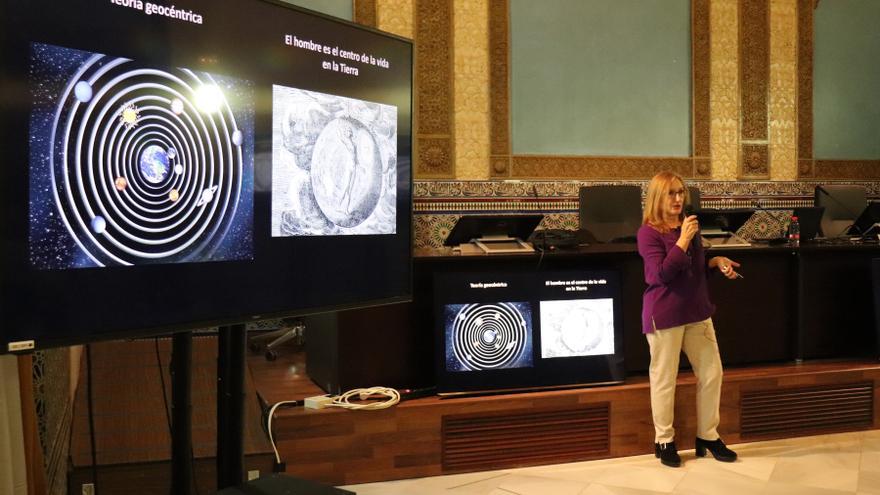He Space Instrument DevelopmentLos Satellite Prosperous Constellations and impact Light impurity Three topics representing insect conferences New cycle ‘Looking at the sky’. Conversations around the universe‘, organized by the Division of Scientific Culture and Innovation University of Córdoba And this Astronomical Group During Science Week held on the last three Wednesdays of November in Córdoba (Days 15, 22 and 29) at 7:00 PM in the Mutager Room of the UCO Rectory. Added to this is A Astronomical survey on Thursday 23rd From Rabanales this month.
This cycle, Open to the public and no pre-registration required, aims to bring science around the universe to the Córdoba public. For this there will be participation of researchersBoth are professionally devoted to the world of astronomy, and a researcher specializing in insects and the fungi that infect them, the so-called entomopathogenic fungi.
so, Alberto Martin Ortega, Doctor of Computer Engineering and Telecommunications, will deliver the first conference on November 15. Martin Ortega is a veteran of more than 10 space missions, including satellites in Earth orbit, deep space missions and planetary probes. Technical direction from design to system engineering and project management. His talk will discuss the development of instruments for space exploration that allow in situ measurements to provide the necessary data to expand knowledge about the various planets.
Doctor of Astrophysics and Astronomer-in-Residence at the Callar Alto Observatory (GAHA). David Caladi-Enriquez The second of the conferences will be given on November 22 Threats and risks of satellite megaconstellations Orbits in near-Earth space. As the Córdoba astronomer explains, these megaconstellations threaten to change the appearance of the sky and, at the same time, render that part of Earth’s orbit useless.
Light pollution, which has had so many negative effects on the world of astronomy, will also feature in the next ‘sky-watching’ cycle, but from a different angle. This concept is usually related to the difficulty of observing the night sky due to excessive lighting in cities. But as a researcher at the Agricultural Entomology Group of the University of Córdoba will tell you, Maria Fernandez Bravo, light pollution has another effect: the decline of insects. These play A Endless vital functions to preserve the harmony of ecosystemsHowever, the use of pesticides, climate change and light pollution threaten their existence, causing a decline in insect populations, which negatively affects biodiversity and the sustainability of natural environments, but also has direct effects on food production and ultimately humanity.
Conferences can be held regularly Streaming By UCCi YouTube Channel.

